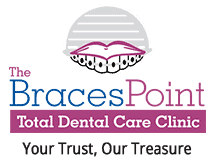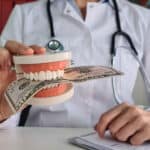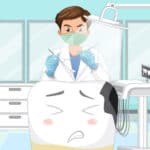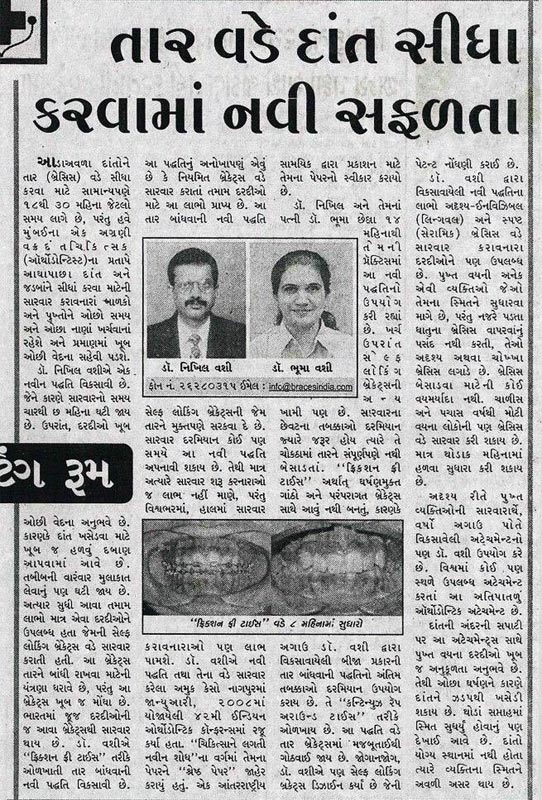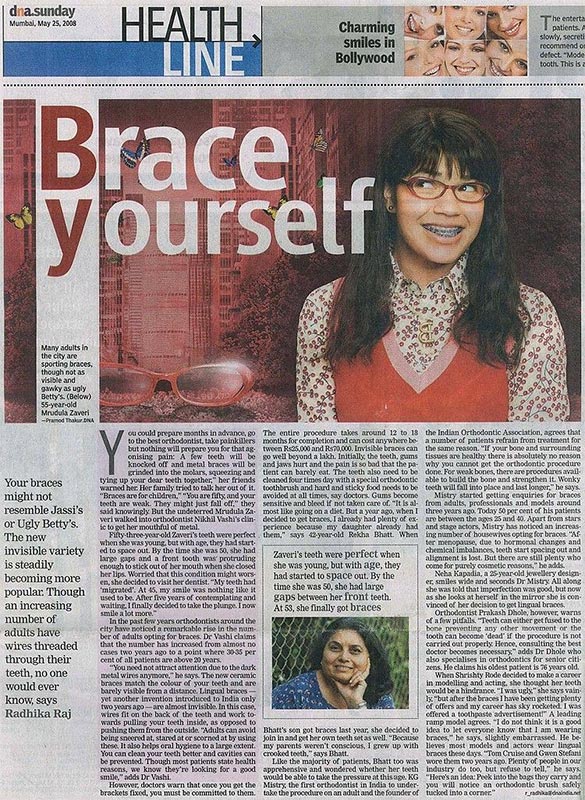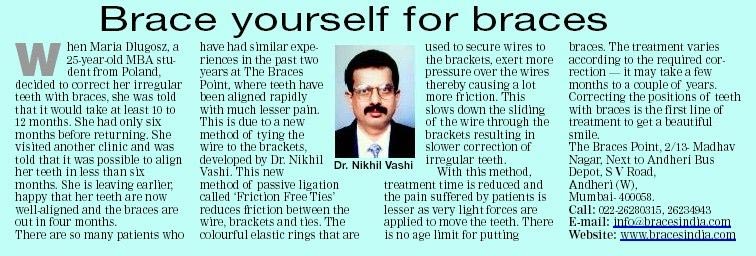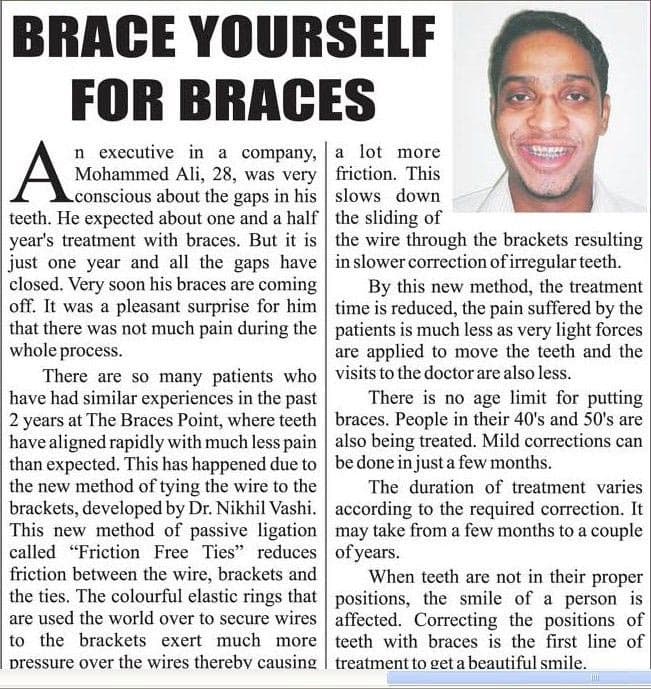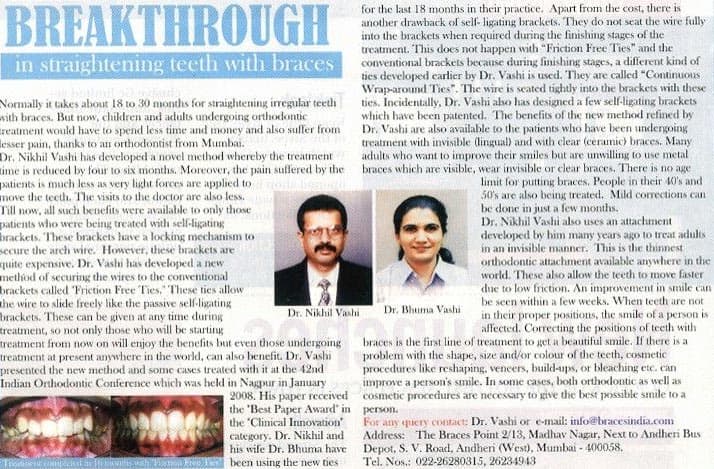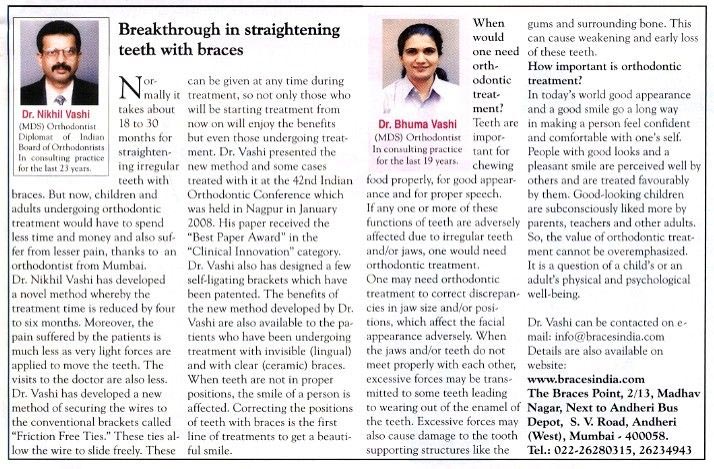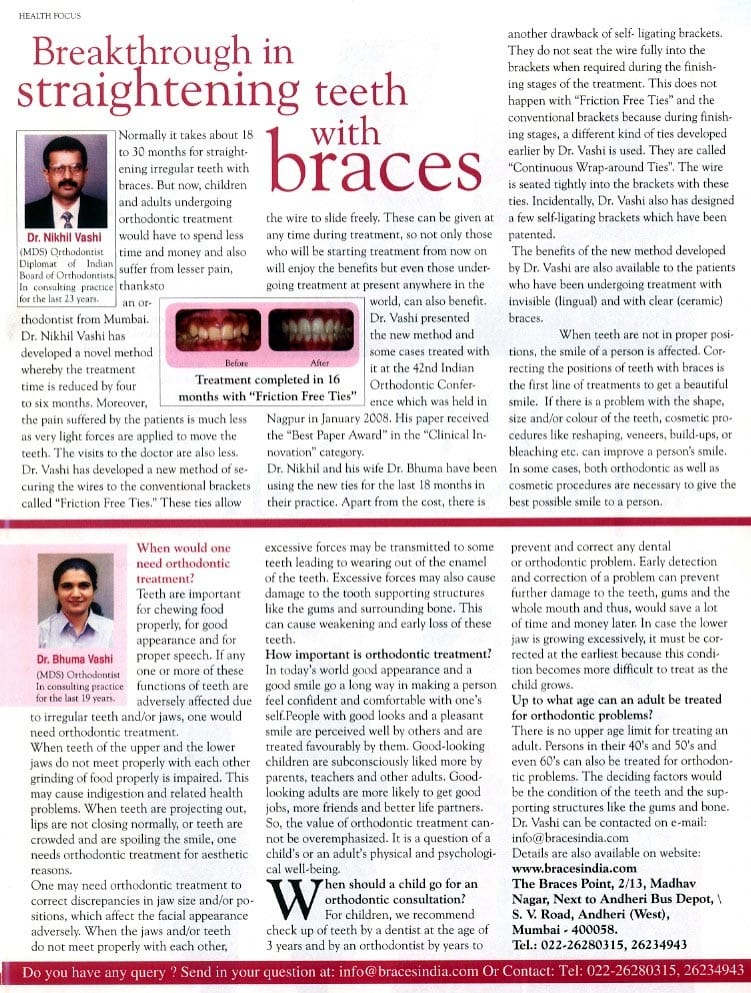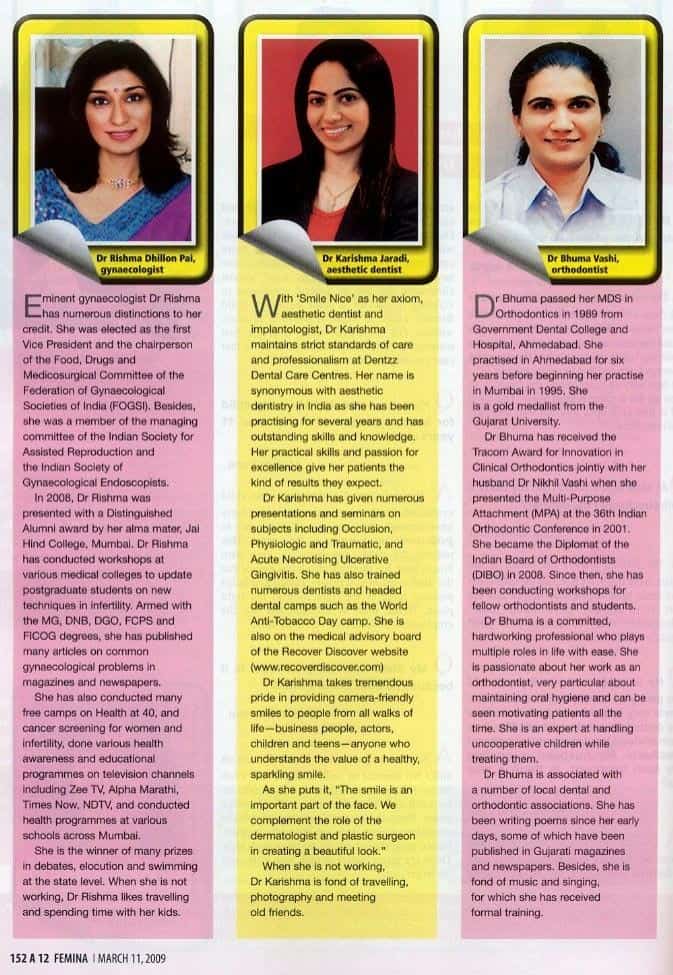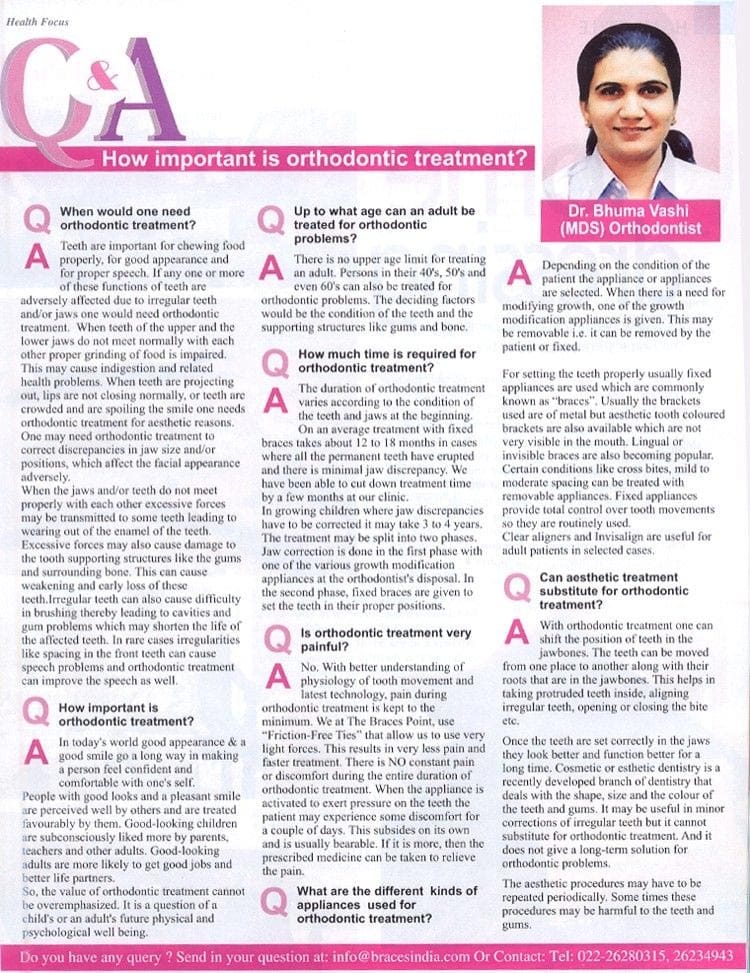Most adults have 32 permanent teeth, including the four wisdom teeth. When these wisdom teeth lack sufficient space to erupt properly or become stuck, they are called impacted wisdom teeth. While wisdom teeth typically emerge during the teenage years, they often appear between the ages of 17 and 25. Sometimes, they erupt in alignment with existing teeth, causing no problems. However, when they become partially or fully trapped, they can lead to various oral health issues like cavities, gum disease, and infection.
This comprehensive guide will delve into wisdom tooth pain, its symptoms, diagnosis, how impacted wisdom teeth affect the body, and more. We will also discuss the removal process, recovery, and aftercare.
Say goodbye to wisdom tooth pain— Book you appointment today!
A] Understanding Impacted Wisdom Teeth
Wisdom teeth, once essential for grinding down food from our ancestral diets, no longer serve a purpose as the human jaw has evolved to be smaller.
Impacted wisdom teeth can occur as a complete impaction or a partial impaction. Fully impacted wisdom teeth reside entirely underneath the gum tissue and cannot break through. Partially erupted wisdom teeth have partially broken through the gum tissue but are still partially underneath it. The first signs of wisdom teeth coming in are usually mild discomfort and swelling around the gums.
Kinds of Wisdom Teeth Impactions
Impaction can be divided into various categories according to the position of the tooth and the degree of its trapping, such as:
- Mesioangular Impaction: The most typical type of impaction involves the tooth being inclined forward and toward the front of the mouth.
- Distoangular Impaction: A tooth inclined backwards and toward the back of the mouth is called a distoangular impaction. This type of impaction is less frequent and more challenging to treat, making wisdom tooth pain relief essential.
- Vertical Impaction: Usually, due to inadequate space, the tooth is upright but remains imprisoned beneath the gum.
- Horizontal Impaction: The tooth presses on the neighbouring molar while resting entirely on its side inside the jaw. Although uncommon, this kind of impaction can have serious consequences, such as a cavity in the wisdom tooth due to the trapped debris and bacteria.
B] Symptoms & Signs Of Impacted Wisdom Tooth
1. Pain & Discomfort
This is the most common symptom of an impacted wisdom tooth. It emerges at the place where the teeth are trying to turn up, and it may even radiate to other areas, such as the jaw, ear, or neck. Wisdom tooth pain symptoms may vary in intensity, sometimes becoming more severe over time.
2. Swelling & Redness
Swelling and redness must also be investigated. These are responses to the body’s immune system fighting off bacteria or dealing with irritation caused by the tooth pressing against the gums. Wisdom teeth gum swelling is often a sign that the wisdom tooth is struggling to emerge.
3. Difficulty Opening Mouth
This is often termed Trismus, which is due to inflammation of the muscles surrounding the jaw or the loss of tissues around the impacted tooth.
4. Bad Breath & Unpleasant Taste
If you are a very social person, then this is something you have to watch out for. Persistent bad breath and unpleasant taste in the mouth are often associated with impacted wisdom teeth due to the accumulation of bacteria and debris around the partially erupted tooth, leading to an infection.
5. Headaches & Earaches
Although they are not very common, pain from the tooth can radiate, causing referred pain in the head and ears due to the proximity of the wisdom teeth to the nerves and muscles.
C] Diagnosis Of Impacted Wisdom Tooth
1. Dental Examination
A comprehensive dental examination involves examining different aspects of the wisdom tooth, such as swelling, pain, jaw stiffness, and tooth decay, to help the dentist assess the situation.
2. X-Rays & Scans
X-rays and scans are conducted to get a better view of the entire teeth. They provide a better view of the jaw and help determine the wisdom teeth’s position, size, and angle. Dental Examinations and tests accurately help diagnose whether your wisdom teeth are impacted and choose the best course of treatment.
If you are looking for treatment of impacted wisdom teeth in a dental clinic In Andheri West, consider The Braces Point Total Dental Care Clinic.
D] Removal Process Of Impacted Wisdom Tooth
1. Preparation
The first step involves preparing for the procedure, which involves understanding the patient’s medical history and discussing the risks and benefits. This will ensure that the patient is comfortable and knows what they are getting into.
2. Procedure
This is the primary extraction of the teeth. It varies depending on the case’s complexity but generally involves anastasia, incision, tooth extraction, and, finally, wound stitching.
3. Types of Anaesthesia
This is a drug used to manage pain and anxiety, and the type of anesthesia will depend on the procedure and level of comfort. They can usually be categorized into local anaesthesia, sedation anaesthesia, and general anaesthesia.
E] Risks & Complications Of Wisdom Tooth Removal
1. Infection
While getting the wisdom tooth removed, it is essential to consider the risks and complications. One of these is an infection, which can occur if bacteria enter the treated area after the tooth is removed and will happen if the wound is not kept clean. Immediate attention to wisdom teeth pain relief is essential to manage post-extraction complications.
2. Dry Socket
A dry socket is painful when the blood clot at the extraction site is dislodged or dissolves prematurely. Avoiding activities such as drinking through a straw, spitting, or smoking can prevent this.
3. Nerve Damage
Nerve damage is a rare but possible complication, mainly when removing lower wisdom teeth close to the inferior alveolar nerve, which runs through the lower jaw. If this nerve is injured during the extraction, it can lead to temporary or, in rare cases, permanent numbness or tingling in the lower lip, chin, or tongue.
F] Recovery And Aftercare
1. Immediate Aftercare
Once the procedure is complete, one must ensure proper rest and recovery. One is advised to avoid smoking and drinking alcohol, keep away from strenuous activities for at least 24-48 hours post-surgery, and apply ice to ensure wisdom tooth pain relief.
2. Pain Management
Medicines are also prescribed to manage discomfort or pain; One must follow the dosage and take pills as per the instruction of their doctor.
3. Dietary Restrictions
As the areas surrounding the surgery are healing, one must avoid hot foods and drinks and only stick to liquid or soft food for the first few days. As the wound heals, one can gradually move to more solid foods.
4. Oral Hygiene
The patient must maintain good oral hygiene by brushing their teeth and avoiding vigorous rinsing with mouthwash for the first 24 hours.
5. Follow-Up Appointments
The individual must also follow up with their doctor regularly, as this will ensure a smooth recovery. Oral health impacts our overall health and hence, follow-up appointments should be prioritized.
Say goodbye to wisdom tooth pain— Book you appointment today!
Conclusion
Impacted wisdom teeth can cause significant discomfort, pain, and complications if left untreated. Therefore, it is essential to fully understand the issue, the risks and symptoms involved, the long-term side effects of wisdom teeth, and the necessary steps to address them.
Early intervention, whether through monitoring or removal, can prevent the progression of symptoms and protect overall oral health. The Braces Point, a dental clinic in Andheri West, can give you the best possible advice and treatment. Along with wisdom tooth removal, we also provide dental implants and other dental services under one roof.

Dr. Nikhil Vashi
Dr. Nikhil Vashi, an esteemed Orthodontist with over three decades of experience, earned his MDS in Orthodontics from Nair Hospital Dental College, Bombay University, in 1985. He achieved the title of Diplomate of the Indian Board of Orthodontics (D.I.B.O.) in 2000 and specialises in enhancing smiles through comprehensive dental care in Mumbai.
